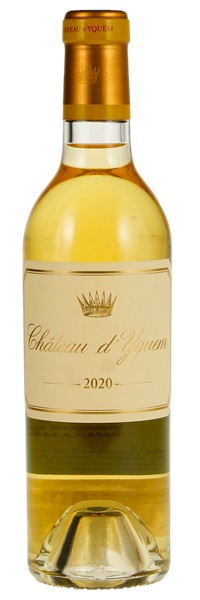
...very sensual bouquet. It’s pretty mercurial as it unfolds in the glass, with scents of freshly sliced white peaches, almonds and pineapple. The oak is beautifully integrated...scents of Vervain tea, pressed white flowers and saffron. The palate makes an immediate impact with a mineral-rich, surprisingly saline entry that lends it edginess right from the off... Stem ginger, caramelized pear and orange rind notes are delivered with excellent delineation.
...broad and unctuous feel, with nectarine, apricot and mango notes creating an opulent feel, while racy bitter almond, orange blossom and elderberry accents add contrast and range. The lush finish is carried by notes of mango and piecrust.
...fresh bouquet with aromas of white fruits, orchard fruits and mango, complemented by a hint of spring flowers. It’s perfectly balanced and moderately weighted...
Marzipan and apricots, complex and spicy. Deep, intense orange flavours and plenty of freshness to balance the viscous richness. Long bitter-orange aftertaste. Very good...